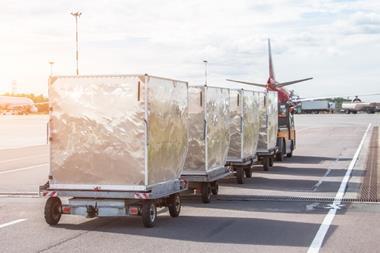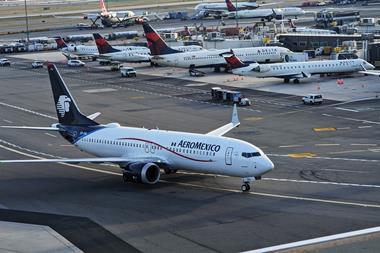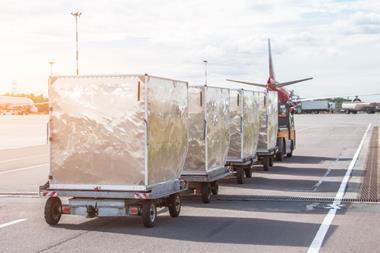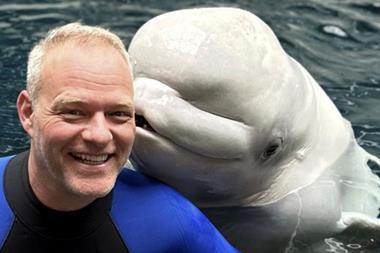The Convention on International Trade in Endangered Species of Wild Fauna and Flora (CITES) has called on the air cargo industry to continue its efforts to help reduce the illegal trafficking of wildlife.
Speaking at the IATA World Cargo Symposium, CITES secretary general John Scanlon highlighted the plight of many species of animal that face extinction because of the illegal wildlife trade, which is worth an estimated $20bn.
He said that between 2010 and 2012, 100,000 African elephants killed for their ivory, although this had reduced since then, they still face extinction in certain areas of Africa, last year there were 1,300 rhinos killed for their horn and the pangolin is being killed in the 100,000s.
Scanlon welcomed the efforts made by airlines, IATA and the transportation industry in general over the last few years to help reduce the trafficking of animals and animal products.
He highlighted the March 2016 Buckingham Palace declaration that saw 40 public and private sector bodies, many of them major players within the global transport industry, to help tackle the issue.
The declaration contains 11 separate commitments that are broadly grouped into the following area of priority and strategy: tackling the trade in illegal wildlife; information sharing and detection; practical measures to stop the transportation of illegal wildlife products; and new mechanisms for tackling illegal wildlife trade.
He also welcomed the memorandum of understanding signed between CITES and IATA in 2015 to develop a formal framework for their ongoing cooperation on the implementation of standards and best practices such as the IATA Live Animals Regulations, the IATA Perishable Cargo Regulations, and the CITES Guidelines for the Non-Air Transport of Live Wild Animals and Plants.
However, he also called on the industry to increase its vigilance and said there was still a long way to go.
“We are on the right track and if we persist we will win. We are reaching out to you, everyone in the global supply chain, to get behind this global effort in your daily work,” said Scanlon.
“The future of wildlife is in our hands and we need you to join us in this fight if we are going to ultimately succeed.”













